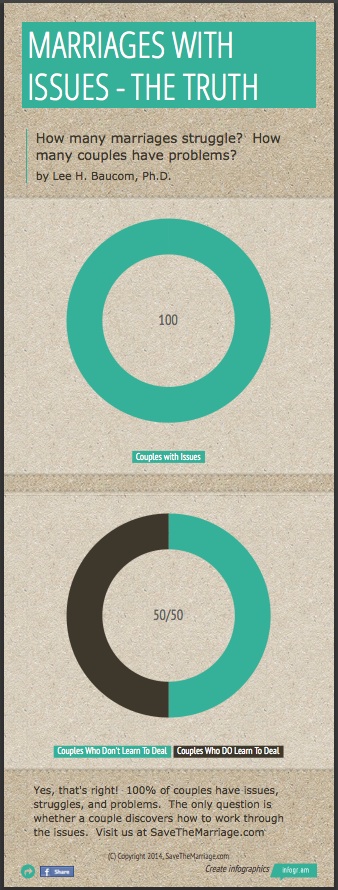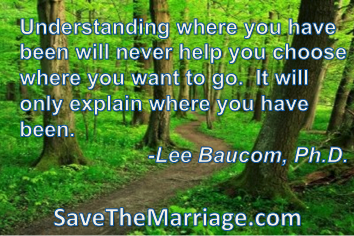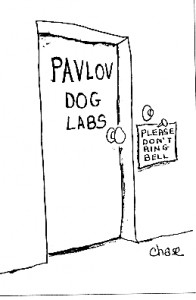“The Last Straw”
https://savethemarriage.com/stmblog/wp-content/themes/corpus/images/empty/thumbnail.jpg 150 150 Lee H. Baucom, Ph.D. Lee H. Baucom, Ph.D. https://secure.gravatar.com/avatar/669b7e375d93f77521ddaba08adb8063?s=96&d=blank&r=pg A fight. An affair. An indiscretion. An argument. Some event.
A fight. An affair. An indiscretion. An argument. Some event.
Suddenly, someone announces “this is over.”
You may point to that event, the moment when things seemed to turn upside down.
But that event was just that: an event. It was a “tipping point.” Almost always, there was a long, slow climb to the top before you “tipped over” the summit. The straw was being piled on, before that “last straw” broke the camel’s back.
Unfortunately, people tend to get focused on that single event, pointing to the symptom. Not the problem.
And that makes efforts ineffective. You are aiming at the wrong target. Deal with the problem — not the symptom — if you want to make progress.
Listen in for how.
RELATED RESOURCES:
You Need A Plan
Show Up
“Why Are We Fighting?”
We ALL Have Issues
Save The Marriage System
Podcast: Play in new window | Download
Subscribe: RSS



